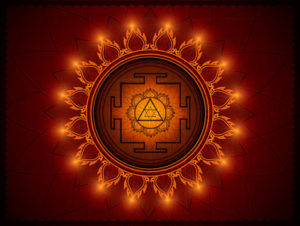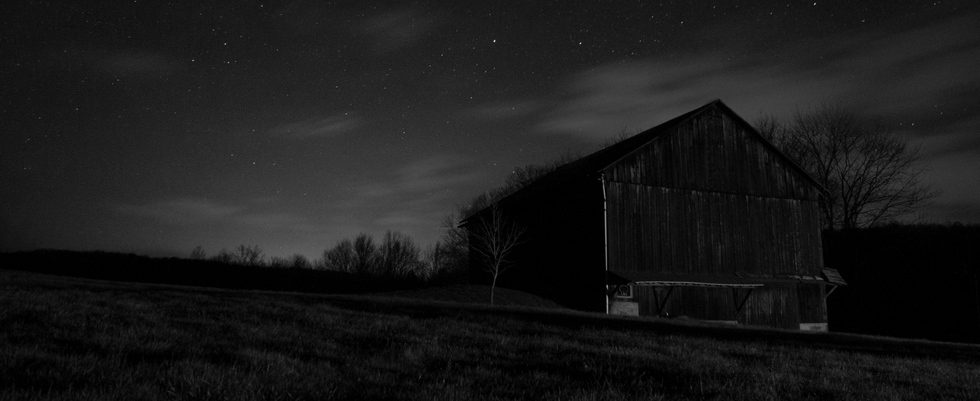 Deity Invocation
Deity Invocation
Deity invocation is the practice of invoking the essence of a particular deity into oneself. Magickians who invoke deities in this manner do so for a variety of reasons, but generally so that they can develop and use qualities that are associated with the deities concerned. The invocation of gods and goddesses is practised in many traditions, although in some cases it is not described in such direct terms. In Tantric Buddhism, for example, a monk may invoke the name of a certain Bodhisattva in order to develop greater compassion or wisdom. Whilst that might sound very different to the invocation of Thoth, as described in overtly magickal traditions, the motivation of the practice itself – to acquire the qualities and abilities associated with the figure being invoked – is much the same.
>> Explore Deity Magick at Amazon <<
Modern magickians tend to view invocation in one of two ways, depending on their personal outlook and beliefs. Those who have a genuine belief in their chosen deity as an external entity would normally view invocation as an invitation for that deity to visit and inhabit them for a specified amount of time. Those who think of deities as metaphorical beings, on the other hand, are more likely to view invocation as the calling forth of a universal archetype within themselves. The good news is that the invocation is just as useful in both cases, and the only real difference is in how the magickians concerned explain the experience, both to themselves and others.
Practising Deity Invocation
Like most other magickal workings, deity invocation can be practised in a variety of ways. Some invocations can involve lengthy and elaborate rituals, and others can be so simple and straightforward as to be barely perceptible to outside observers. Those of you who have a preference for either extreme should feel free to follow your inclinations and develop your own invocation ritual, but for those of you who have no such preference, the following ‘middle way’ approach should serve you well as a useful starting point.
Preparatory Steps
First, ensure that you have already established a strong connection with your deity by setting up an altar and using it on a regular basis, as described in the second part of this series, Supplication Magick. It is recommended that you work with both supplication magick and Deity Mantras for a month or more before progressing to invocation magick, as that will establish a good rapport with your deity and maximise the effectiveness of the working which follows.
With a strong connection having been established, set aside thirty minutes or more for the invocation, and take whatever steps are required to secure your privacy and ensure that you won’t be disturbed. If your deity has a traditional association with any particular day of the week, or time of day, it would be a good idea to schedule your invocation to coincide with that day or time. If no such association exists, you may schedule the working to suit your personal preferences.
Although it is not essential, you may wish to prepare the invocation environment (wherever your altar is located) by burning incense, lighting candles or playing suitable music in the background. You should also prepare for the invocation by defining the exact qualities you wish to develop as a result of the working. This will depend both on your own needs and on the qualities of your deity, so take a little time to give the matter some thought and to settle on your desired outcome before proceeding.
The Invocation Rite
Visit your altar, bring the palms of your hands together and bow to show your respect. As you do this, create the feeling that you are approaching the deity in person, rather than a mere symbol.
Sit or kneel comfortably before your altar and chant your deity mantra for three rounds of your mala beads (three sets of 108 repetitions). Do not be tempted to rush through this chanting, but speak your mantra clearly and sincerely, and as you do so, close your eyes and visualise your deity standing several feet in front of you. Take as much time as you need to make this scenario as clear in your mind’s eye as you can.
When the three rounds of chanting have been completed, invite your deity to unite with you for the purpose of imbuing you with the qualities you want to have. You can word this invitation in any way you wish, according to how you would normally converse with your deity, but it should be a respectful invitation rather than a command, for the latter approach implies that you are superior to the deity, and will render them less likely to grant your request.
You may now visualise your deity accepting your request, and stepping forward as they do so – not just towards you, but through you, so that both you and the deity are occupying the same physical and astral space.
Spend several minutes contemplating the fact that – for now, at least – both you and your deity are merged as one. Feel the qualities you requested grow within you, and consider your life and the world from their perspective. Adopt this perspective as your own, and make a note (on paper, if possible) of anything that you wish to recall in the future. For example, if one of your outcomes was for more wisdom, and you suddenly understand how a certain problem can be solved, you should note down your idea so that it doesn’t vanish when the invocation rite has ended.
Continue spending time in union with your chosen deity, gathering whatever insight or knowledge you need from the experience, for as long as you need.
When you are ready to bring the invocation experience to an end, thank your deity for blessing you with the qualities you requested. Having expressed your gratitude, begin chanting three more rounds of your deity mantra, and as you do so, imagine your deity returning to their original location, so that you no longer occupy the same space. By the time you have completed the three rounds of your deity mantra, you should both be back where you were when you completed the earlier rounds.
Close the invocation rite by thanking your chosen deity once more for their blessing, then stand before your altar, bring the palms of your hands together and bow to show your respect.
Open-Ended Invocations
The Invocation Rite presented here does not leave the magickian united with the deity, but returns both to where they were at the very beginning, with the magickian hopefully having more of the quality he requested from the experience. Magickians who would like to do so may wish to leave the invocation open-ended in order to remain ‘in union’ with the deity for a longer period. In that case, the conclusion of the rite can be postponed for hours or even days, before being formally closed through the second chanting of three rounds and paying respect at the altar, as described.

